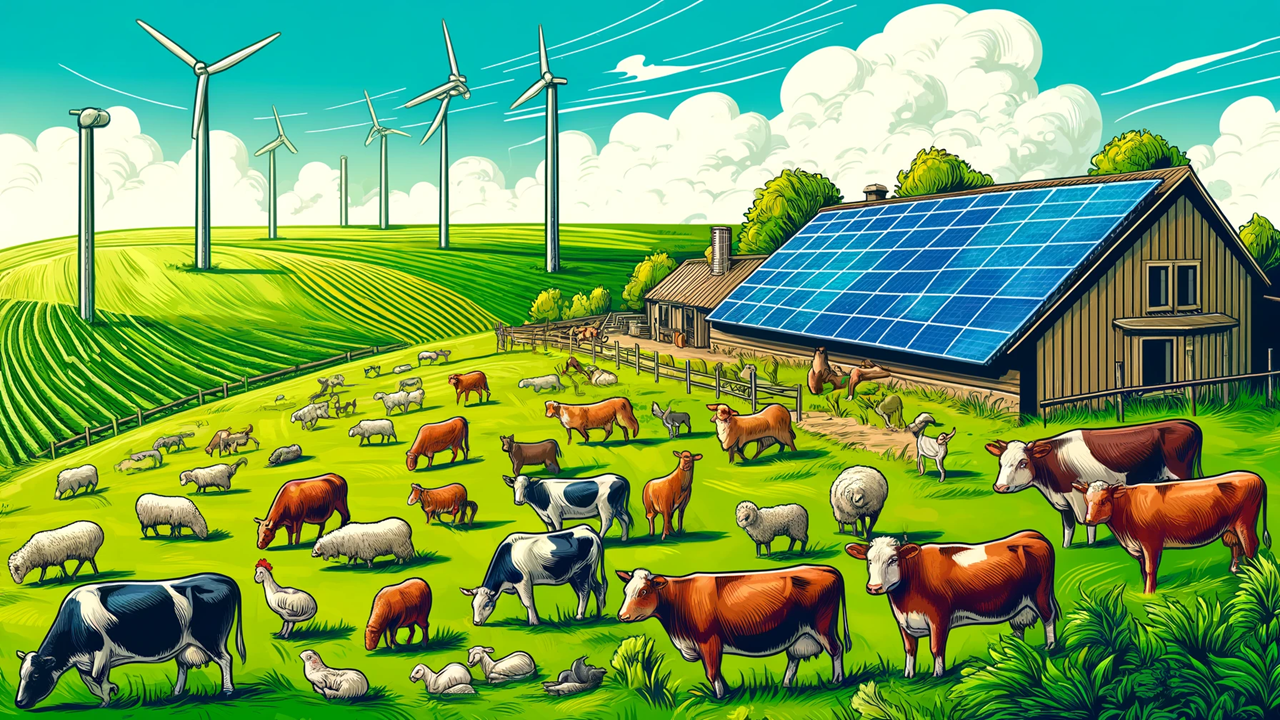PM Modi Inaugurates Gwalior’s First Cattle Dung-Based CBG Plant: A Landmark in Waste-to-Wealth Initiative
The state-of-the-art plant will produce Bio-CNG and organic manure, boosting sustainability and creating economic opportunities in Gwalior.

- Country:
- India
On October 2, 2024, Hon’ble Prime Minister Shri Narendra Modi inaugurated Gwalior's first-ever Compressed Bio-Gas (CBG) plant at the Adarsh Gaushala in Laltipara, Gwalior, marking a significant step in his vision for a "Waste to Wealth" initiative. The project is part of India's growing commitment to sustainability, transforming waste materials into valuable resources and contributing to the nation’s renewable energy goals.
The Adarsh Gaushala, which houses over 10,000 cattle, has become the site of Madhya Pradesh’s first-ever CBG plant. Developed in partnership with Indian Oil Corporation (IOC), the plant spans 5 acres and was built with an investment of Rs 31 crores. The plant's innovative approach involves converting cow dung and organic waste, including vegetable and fruit waste from local markets, into Bio-CNG and organic manure.
This initiative represents a "Waste to Worth" concept, where cow dung, traditionally underutilized, is transformed into a cleaner, eco-friendly source of energy. The CBG plant is capable of producing 2 tons of Bio-CNG daily, providing an alternative to fossil fuels and contributing to carbon emission reduction. In addition, the facility produces 10-15 tons of dry bio-manure daily, benefiting the local farming community by offering affordable organic fertilizer.
Environmental and Economic Benefits
The plant will not only help in climate change mitigation by curbing greenhouse gas emissions, but it will also generate employment opportunities for local residents, promoting skills in green energy and sustainable practices. As part of the broader vision, the CBG plant stands as a model for sustainable rural development, where waste is turned into a resource, creating value and driving economic growth.
By using bio-manure, local farmers are encouraged to adopt organic farming, benefiting from a more sustainable and eco-friendly agricultural approach. The affordable bio-manure produced at the facility will make organic farming more accessible to farmers in the surrounding districts.
Technological Advancements and Future Prospects
This CBG plant is not just an industrial installation but a technological marvel. It has been designed to be self-sustaining, incorporating provisions for windrow composting, which ensures further organic waste processing. The plant's operations will also contribute to making India a leader in renewable energy and clean fuel production, reducing reliance on conventional energy sources while promoting environmental responsibility.
The Laltipara Gaushala project exemplifies the power of collaboration between society, government, and industry to create a sustainable future. It serves as a global benchmark in integrating renewable energy with social and economic welfare, ensuring that local communities and the environment benefit equally. This initiative is a prime example of how modern technology, when paired with traditional resources like cattle dung, can create a self-reliant and sustainable system, inspiring similar projects across India and beyond.
As India continues its march toward clean energy and green technologies, the Gwalior CBG plant is a trailblazer for sustainable agricultural practices, energy security, and climate resilience, setting the stage for a greener, more prosperous future.
- READ MORE ON:
- Narendra Modi
- Compressed Bio-Gas
- renewable energy
- Gwalior
ALSO READ
I thank PM Narendra Modi and Home Minister Amit Shah for supporting me during my tenure as Maharashtra CM: Eknath Shinde in Thane.
Rahul accuses Prime Minister Narendra Modi of being reluctant to help victims of Wayanad landslides.
Narendra Modi Unveils Subramania Bharati's Complete Works
Today every expert, every investor in the world is very excited about India, says PM Narendra Modi at Rising Rajasthan Investment Summit.
India's strength is its innovative youth, technology power: PM Narendra Modi to young innovators.










